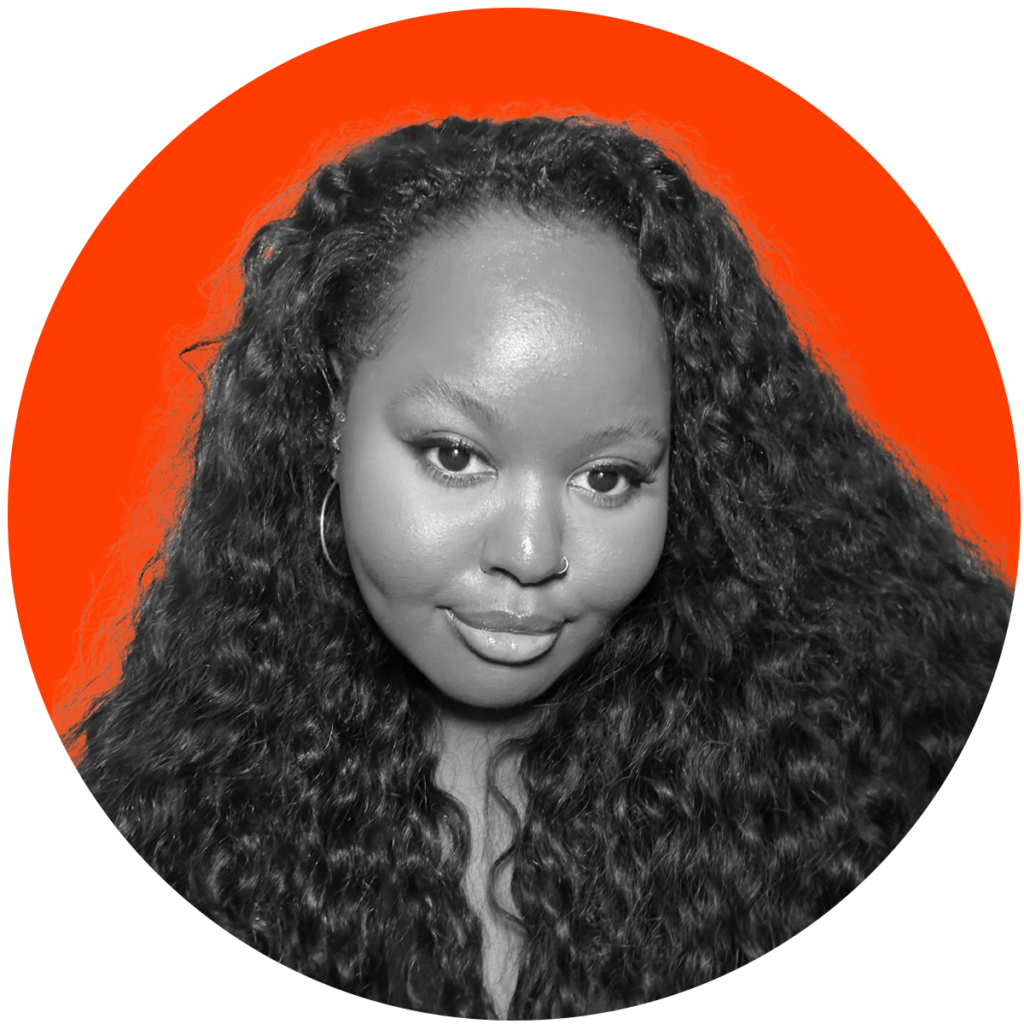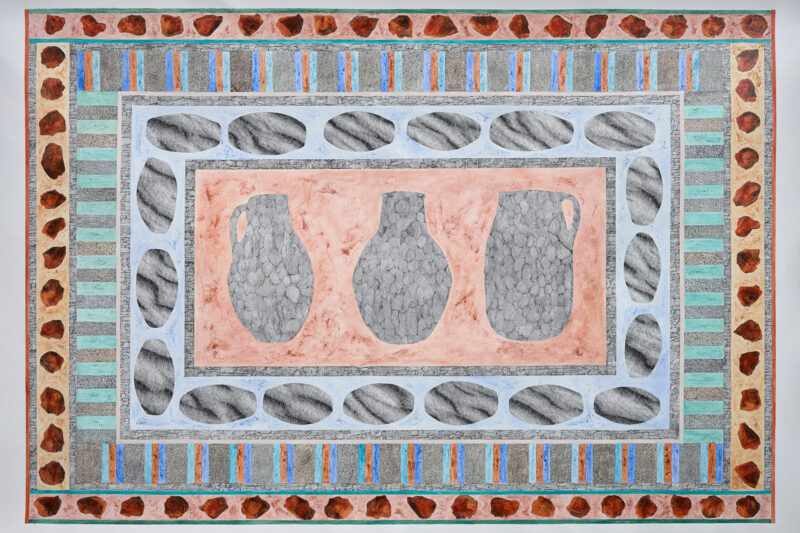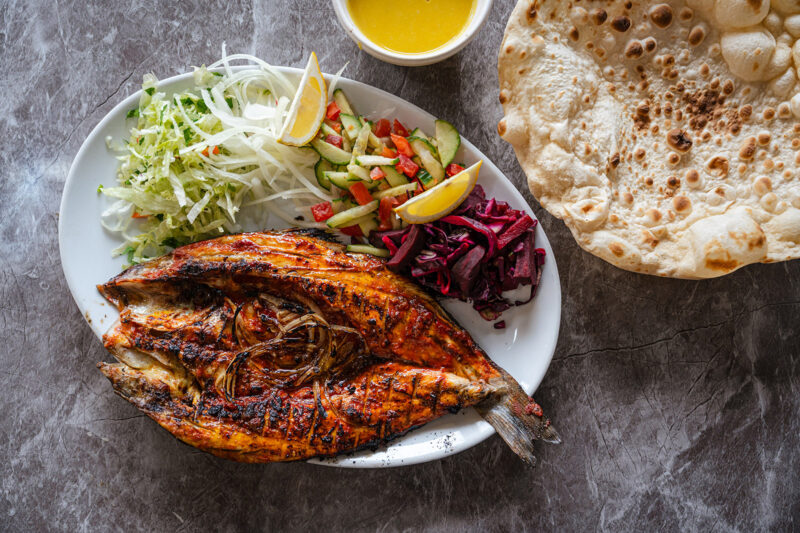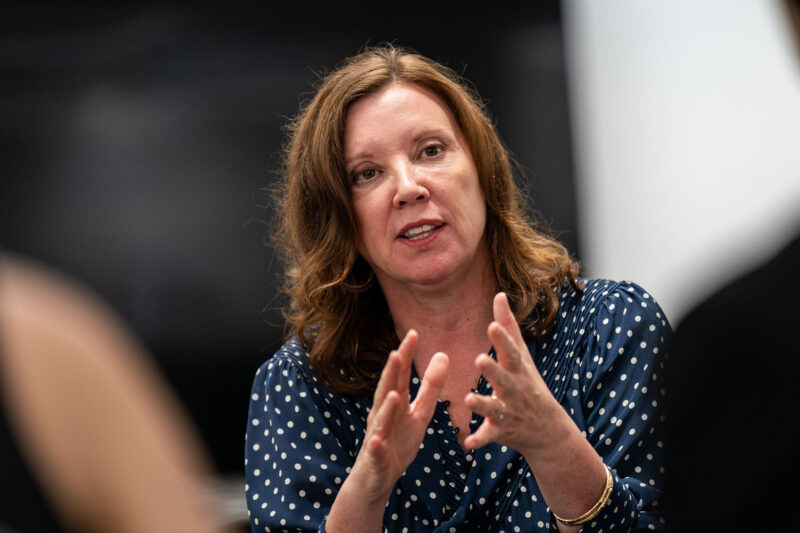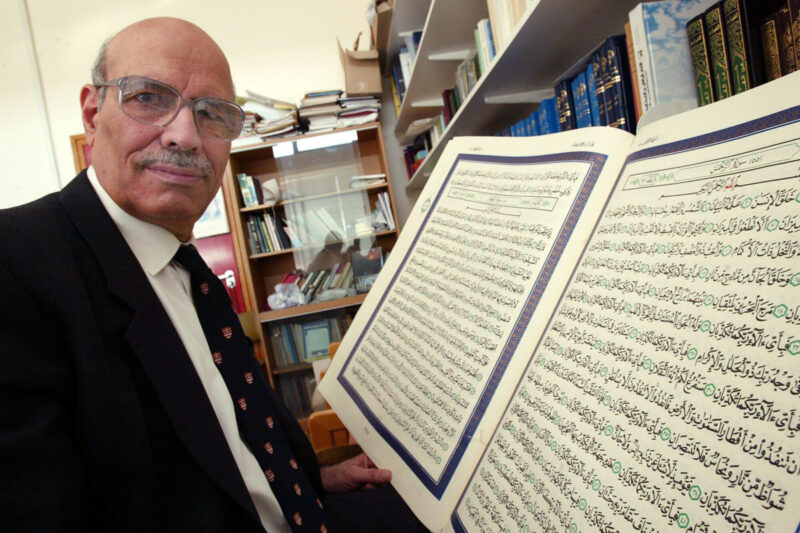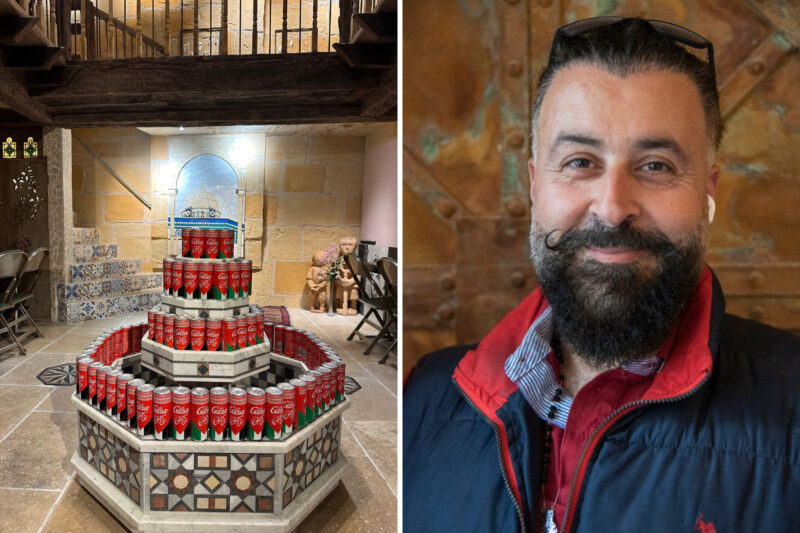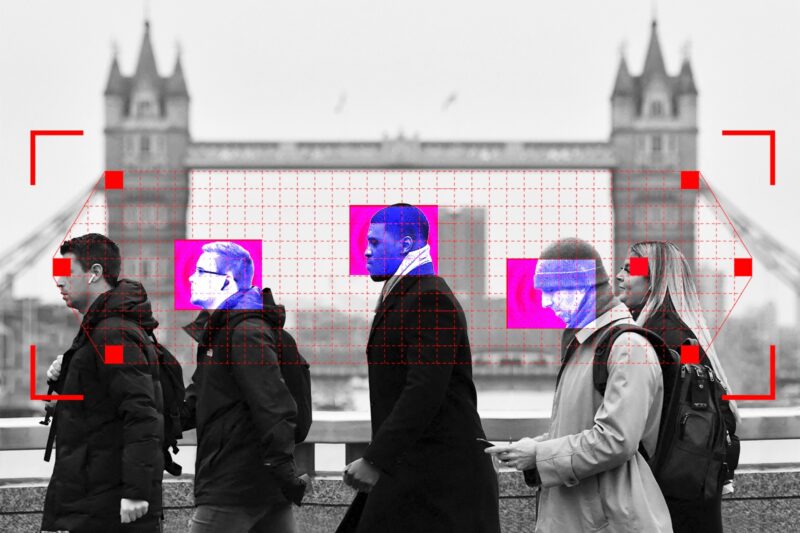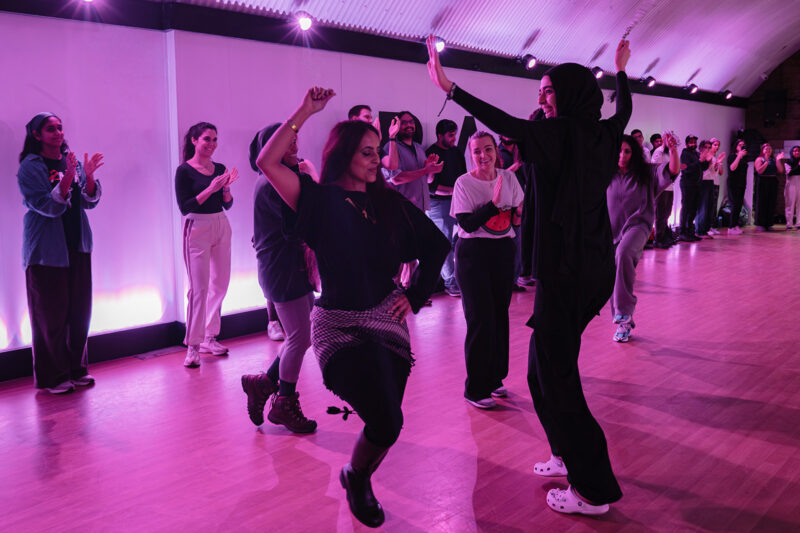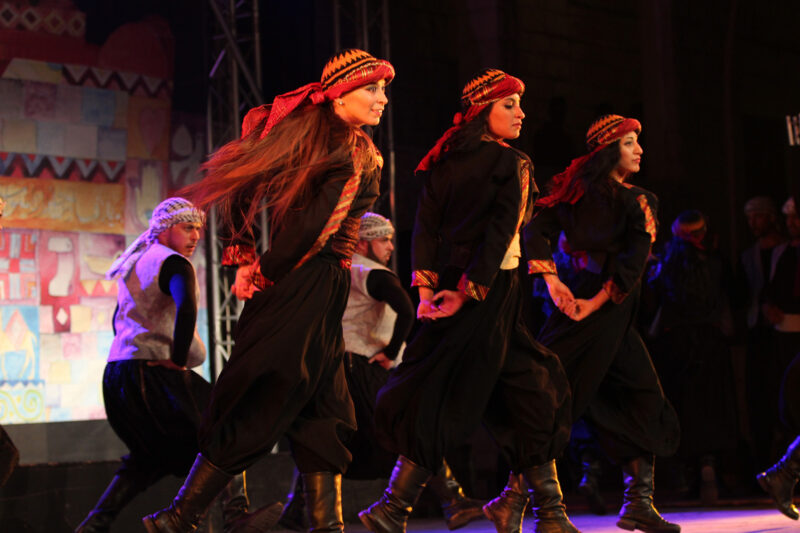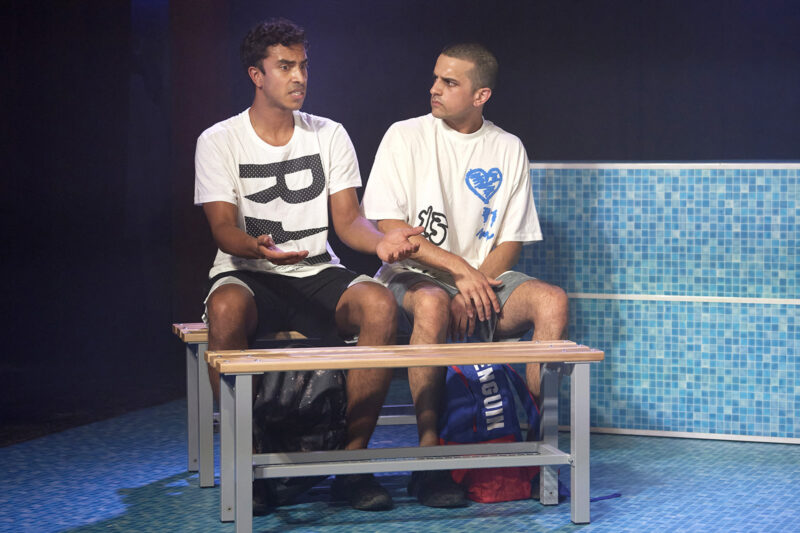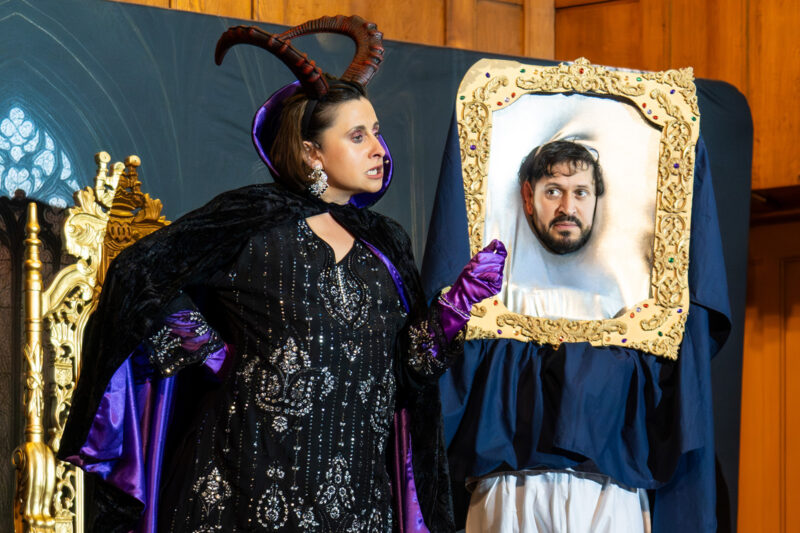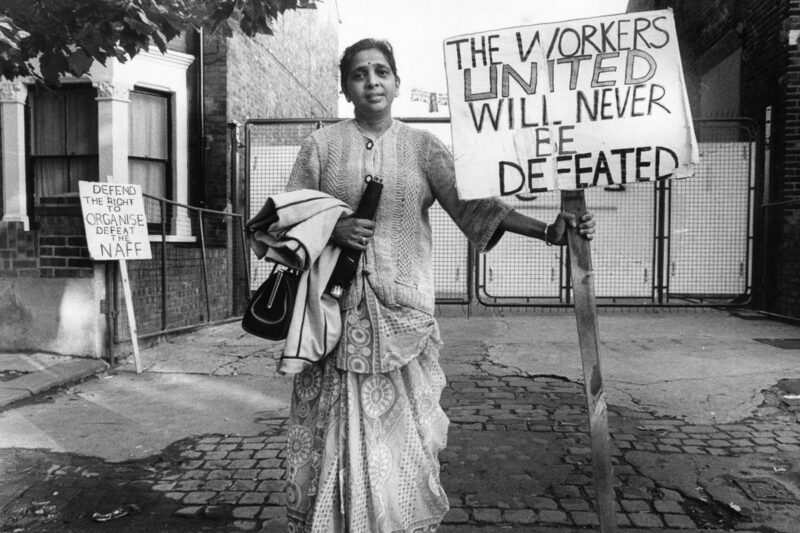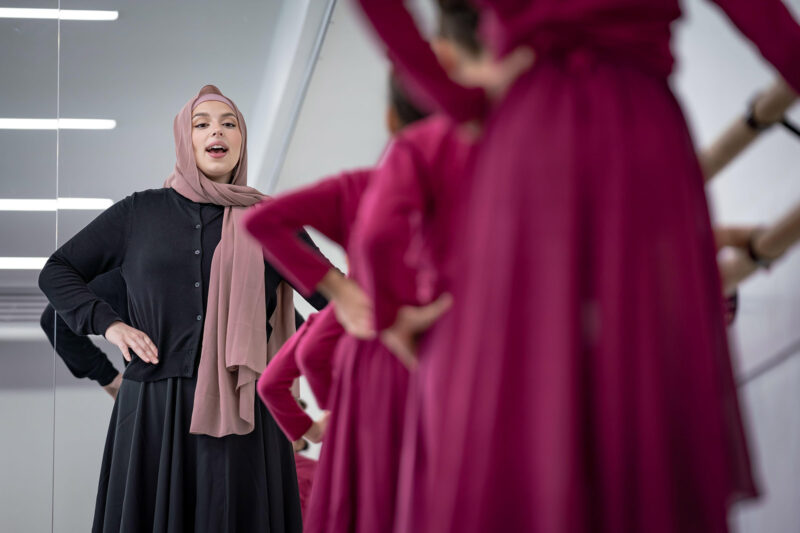‘If not now, when?’: Khalid Abdalla on revolution, hope and Nowhere
The actor speaks to Hyphen about his new play inspired by his experience of the Egyptian revolution
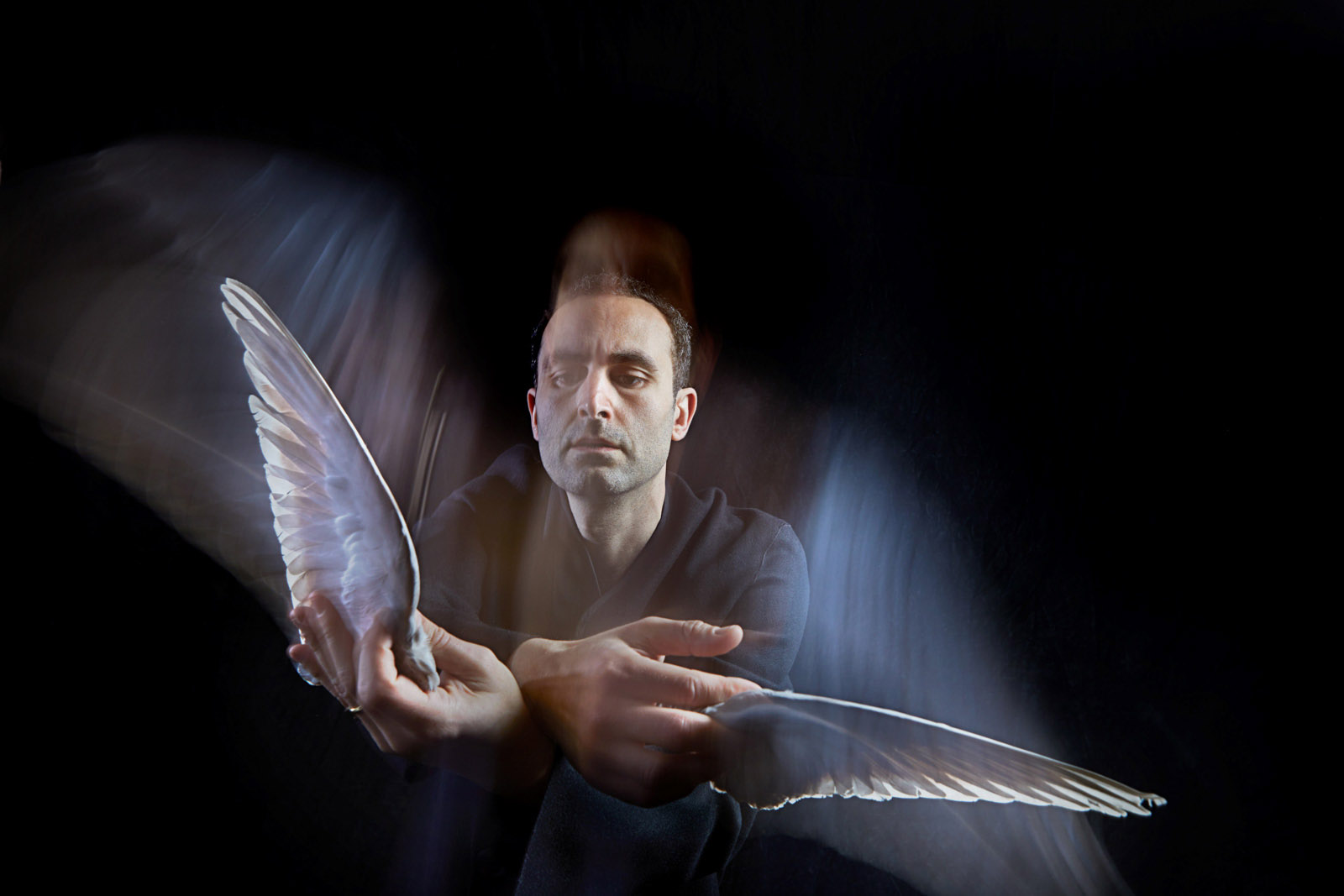
While living in Egypt at the height of the country’s counter-revolution in 2013, Khalid Abdalla was asked to write a play for the theatre production company, Fuel. “Maybe, but now is completely the wrong time,” he told them.
“But the idea lodged deep in my brain,” he says.
The actor — also a producer, filmmaker and activist — had been based in Egypt, where his family is from, since 2008. Shortly after his move back to London in 2016, the world was plunged into multiple global crises.
“I came back to London literally the day after Brexit. Within 10 months, Trump was in power, and then we enter Covid. And then George Floyd is murdered. And I have this moment inside me of ‘if not now, when?’”
A week and 15,000 words later, the first draft of Nowhere was finished.
Written and performed by Abdalla, and directed by Omar Elerian, Nowhere premieres on 1 October at London’s Battersea Arts Centre, where we meet in a break from rehearsals.
Abdalla describes Nowhere as an “engaging and surprising theatrical experience”, which “pivots around Arab identity in a way that opens up a shared sense of who we are and how we got here”.
The project was inspired by his involvement in the 2011 Egyptian revolution, and his experience of the counter-revolution that followed, telling a story of Abdalla’s own history amid a backdrop of life-changing world events.
“My grandfather and father were both political prisoners in Egypt fighting for social reform and social justice on the left. My presence in Egypt is some long combination of that,” he says. “When you live a revolutionary moment, you live the transition between what everyone had thought was completely impossible and a shared mass experience of, ‘this is what we want’.
“I think I will forever be living that moment as a point of return that structures my sense of how I see the world and what my relationship is with possibility, with the idea that there is a better world.”
The actor, known most prominently for his performances in The Crown as Dodi Fayed, and in Marc Forster’s The Kite Runner, was living in the UK when the Egyptian revolution started. Once it became clear that the protests were gaining momentum, Abdalla flew to Cairo to join the crowd of thousands at the centre of the demonstrations in Tahrir Square, for what would be a “formative life-changing experience”, which altered how he saw the world.
The protests were marred by state violence. At least 840 people were killed by Egyptian authorities, while around 6,500 were injured and thousands more detained and allegedly tortured by the security forces according to Amnesty International.
“As you enter a revolutionary moment, you also encounter what the forces that be, who don’t want that world, will do in order to destroy its possibility,” he reflects.
Abdalla tells me his involvement in the revolution and the crises that followed in Egypt forced him to ask himself: “Where does this all live in me?” He began to “reformulate” his understanding of the world as an Arab.
Throughout his acting career, Abdalla has starred in films about 9/11 and the wars in Iraq and Afghanistan. “My body has been in a version of the echoes of all of these places. Throughout that time, this word ‘nowhere’ has followed me.”
Within that, Abdalla says, there is a resonance with Israel’s occupation and war on Gaza — an issue he has consistently been vocal on. In fact, the first demo he went to as a child on his father’s shoulders was a march for Palestine.
“The silences that have existed around how we are able to talk about Palestine are a part of what has led us to the circumstances that we are in now.”
He leans in, speaking with a sense of urgency. “What happened there did not come out of nowhere. What happened on 9/11 did not come out of nowhere. What happened in Egypt in 2011 did not come out of nowhere. Trump coming to power did not come out of nowhere. Brexit happening did not come out of nowhere. The 2008 global crash did not come out of nowhere. All of these things are treated as if it’s a shock — how could this have happened to us?”
They are “political ghosts”, he says. “So then what happens if we try and make a space to welcome them and hold our identity and our relationship with them? That’s fundamentally what makes Nowhere a play and what makes it an act of theatre. To actually share a space is rare, and that’s what I’m hoping to do with this play.”
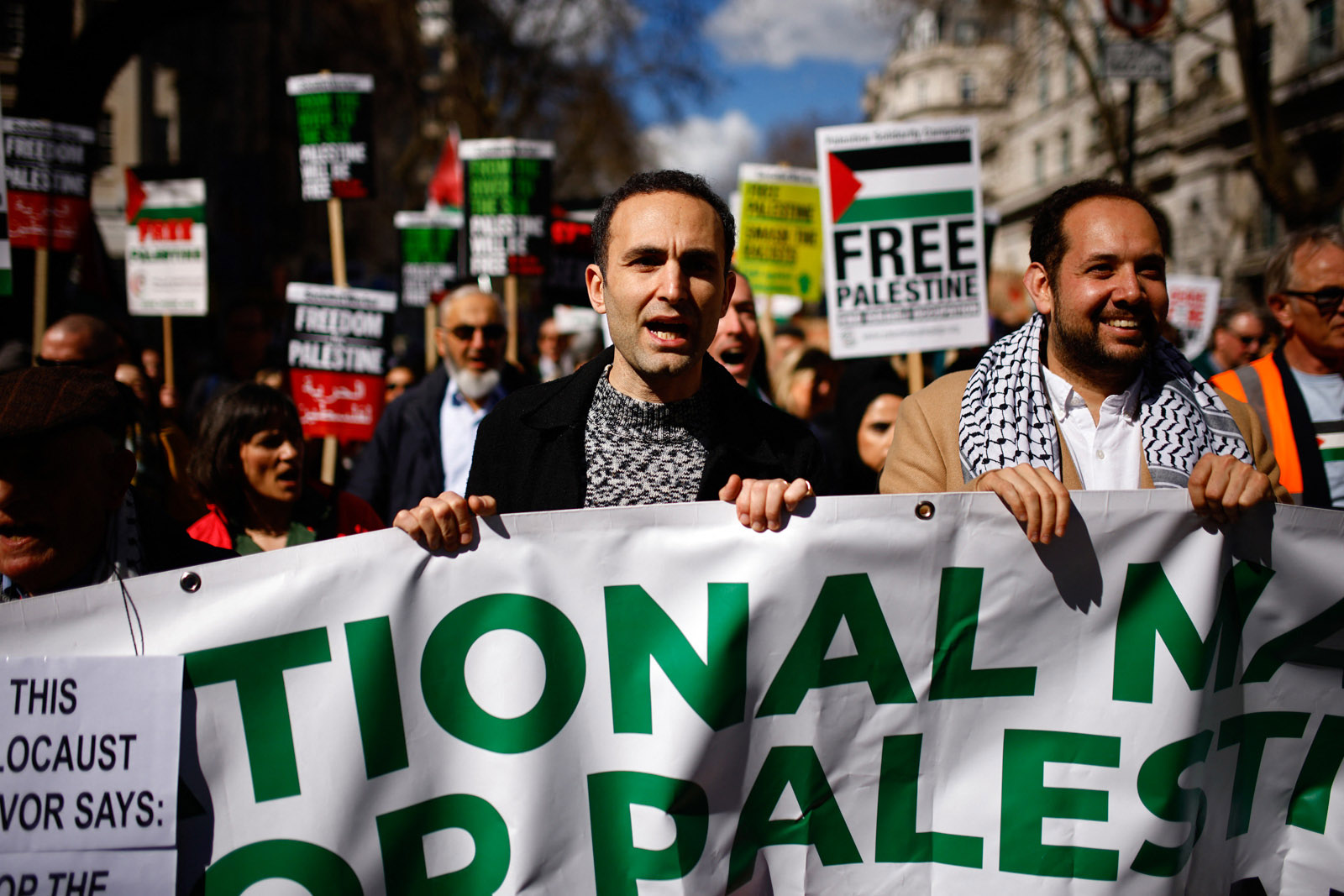
What else does “nowhere” mean to Abdalla? “People of my generation who were involved in the Egyptian revolution are in some form of exile or in prison. Whether they’re in the country or outside the country, they’re in some form of displacement.” Meanwhile, the UK, the other place he calls home, “is increasingly hostile to people from outside it, and is in turmoil over the politics of identity and who it accepts, and what stories it accepts”.
He adds: “I’ve grown up in a world in which I’ve learned that in order to be accepted, there are parts of me that I have to hide, or that are awkward.”
Indeed, it’s something that so many of us can relate to, even from non-Arab backgrounds, I tell him. “That’s one of the other things that this play tries to break,” he smiles. “When you look at me, you don’t just see me, you see a part of you. And when I look at you, I don’t just see you, I see a part of me.
“And there is a deep relationship, whether that’s in those histories intergenerationally, or whether that’s in the legacy of what it entails for people of my identity to live well, to live a world of liberty and freedom and dignity and social justice.”
Abdalla, who this summer played the lead in Complicité’s 25th anniversary revival of Mnemonic at the National Theatre, sees theatre as a “fundamental space” to gather and feel those connections. He still believes a better tomorrow is worth fighting for. “We face multiple crises, but we also face the opportunities to live aligned with the world we want and what that demands of us.
“My experience is that doing so brings you a life of greater joy, greater connections and relationships that you want to live for.”
Nowhere runs from 1-19 October at the Battersea Arts Centre, then from 22-26 October at Home Manchester.
 Newsletter
Newsletter

